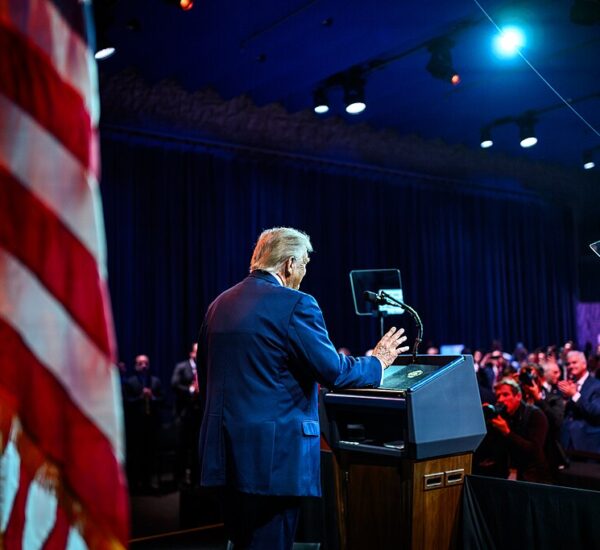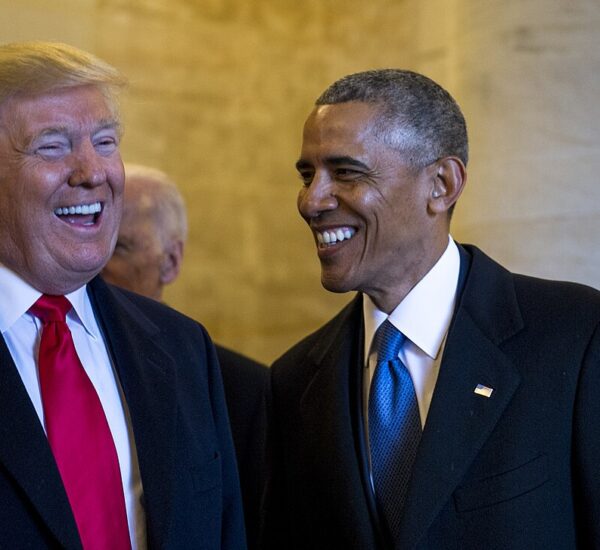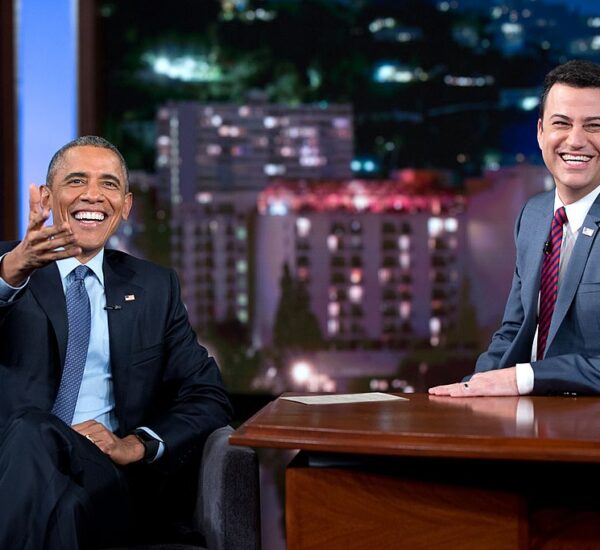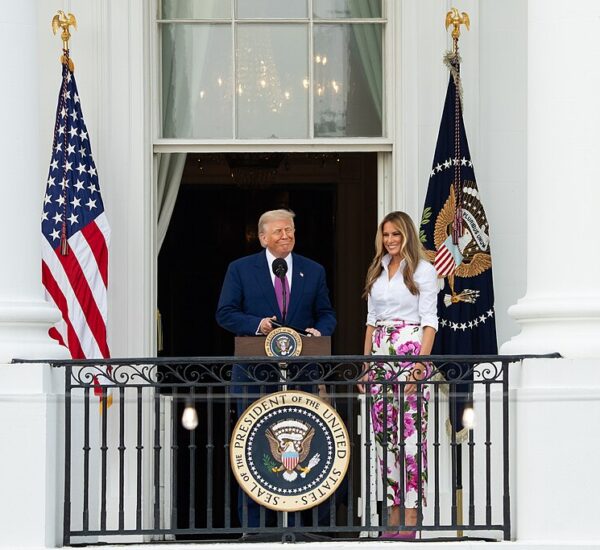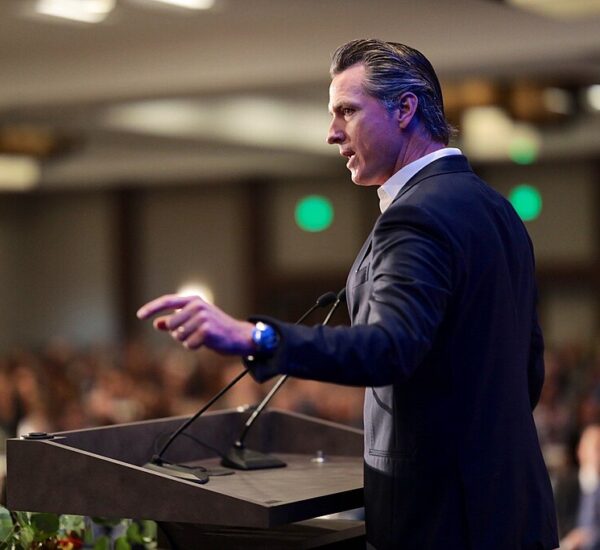Judge Judy Reveals Truth About Trump
Here’s what the mainstream media refuses to tell you.
Judge Judy Sheindlin recently shared her thoughts on Manhattan District Attorney Alvin Bragg’s prosecution of former President Trump, dismissing it as misguided and a waste of taxpayer resources. In an interview with CNN’s Chris Wallace, Sheindlin criticized Bragg for what she perceived as using the legal system for personal gain rather than addressing more pressing issues affecting New Yorkers.
“As a taxpayer in this country, I resent when officials use the system for their own personal self-aggrandizement,” Sheindlin told Wallace during the interview. She went on to argue that the prosecution of Trump seemed convoluted and overly focused on trivial matters, suggesting that resources could be better allocated to combatting street crime and improving public safety in Manhattan.
Sheindlin’s perspective on the matter was clear: “I would be happier if the district attorney focused on keeping criminals off the streets rather than spending millions of taxpayers’ dollars on this nonsense.” Her criticism echoed concerns about the allocation of public funds and the priorities of law enforcement in large urban areas.
Regarding Trump himself, Sheindlin acknowledged his business acumen and success on television but expressed reservations about his presidency. “I don’t think Donald ever should have been president,” she remarked candidly, highlighting a sharp difference in opinion from her earlier praise for his business achievements.
Throughout the interview, Sheindlin’s remarks reflected a stance grounded in her experience as a former judge and a concern for the effective and fair application of justice. Her criticism of the prosecution and assessment of Trump’s presidency underscored a broader skepticism towards the political and legal dynamics surrounding high-profile cases and public figures.
In conclusion, Judge Judy Sheindlin’s commentary on the Trump prosecution provided a candid perspective on the intersection of law, politics, and public accountability. Her statements resonated with concerns about the proper use of legal resources and the broader implications for governance and public trust in institutions.

